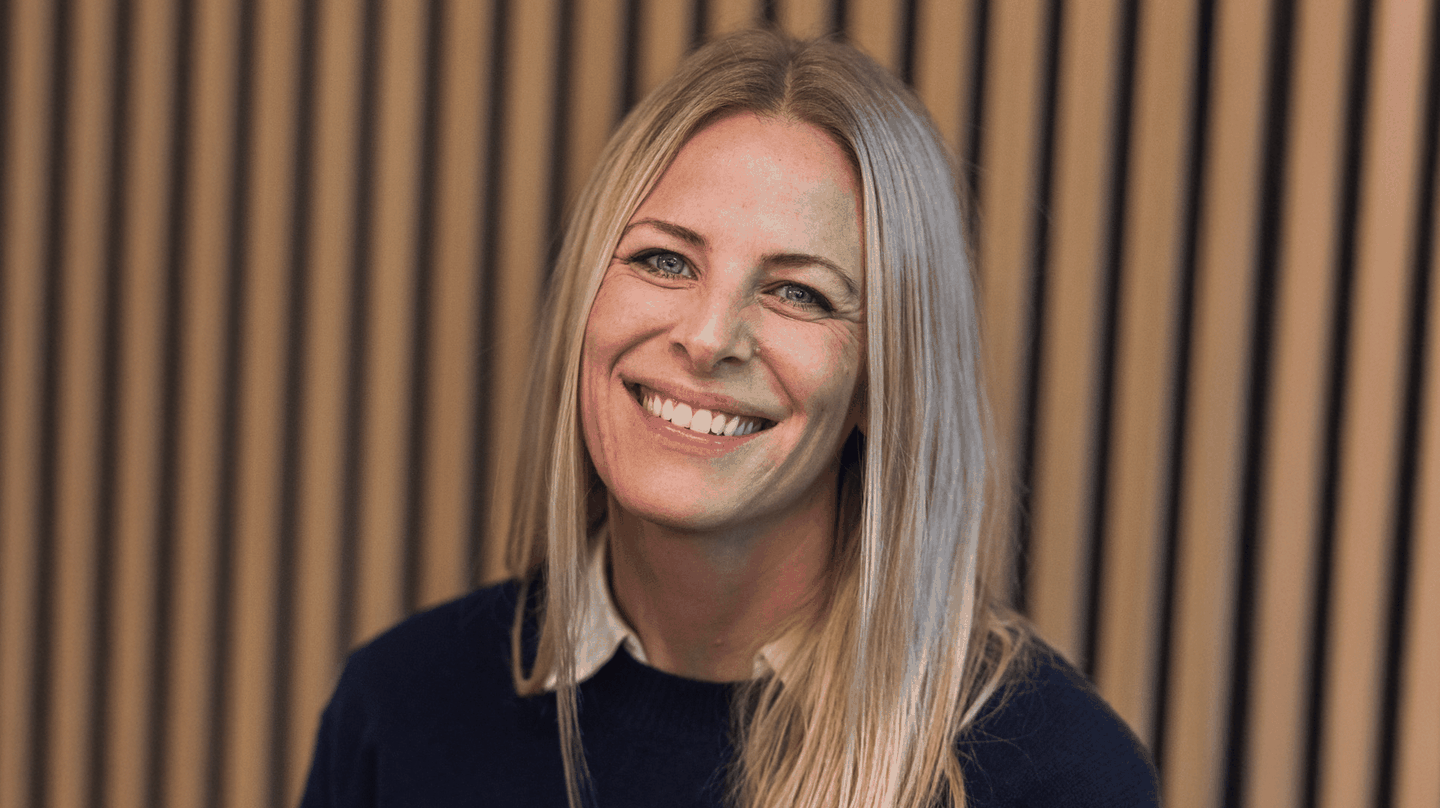
Interview with Annso Blixt, Secretary General at Tilia
I founded Tilia in 2012 and today I serve as the organisation’s Secretary General. Over these thirteen years, together with the team, I have built up our support activities from the ground up. What drives me is the deep belief that young people should be free to define their own experiences — that we adults shouldn’t claim the right to interpret their feelings for them.
My professional journey began as a volunteer in other organisations, and in meeting young people I could often see myself reflected in their stories. I trained in youth work with a social pedagogical focus at Tollare Folk High School and have, among other things, worked in inpatient care for eating disorders.
Through these encounters, a picture slowly began to form. Many young people carry an inner sense of not being listened to. Something essential was missing — something that would make them dare, want, and manage to seek help. It was through these conversations that I realised what was lacking: a place where every young person, regardless of gender or background, is truly taken seriously and given the support they need. That insight became the foundation of Tilia.
Tilia was born out of a feeling of loneliness and a longing to connect with others who felt the same way. We wanted to create a form of support that was open, accessible, and based on understanding and equality — a space where you can simply be human.
From the very beginning, our focus has been on listening, creating a sense of safety, and letting young people’s own needs shape our activities. Today we run, among other things, a daily chat support service that’s open all year round, as well as camps that help strengthen self-esteem and a sense of belonging.
There’s a certain soul in Tilia — something hard to describe in words, but easy to feel when you read what young people write in the chat or when you join one of our camps, where anxiety can feel overwhelming. Yet within the safety of community, something happens — and a young person who’s struggled for a long time might suddenly say, “Ah, now I get it.” That moment, when someone feels seen and understood, is the most beautiful thing we know. It’s the feeling of no longer being alone — of finding others who are “Tilia people”.
1. Join a sector organisation early
Become a member of Giva Sverige and apply for a “90 account” as soon as you can. The requirements and policy frameworks help you build structure, transparency, and trust — and you gain a valuable professional network in the process.
2. Get into the funding cycle
I initially associated fundraising only with donations from the public and companies, but for us today, there’s another leg to stand on: applying for grants from public bodies and foundations is also part of fundraising.
At first, I was stressed that we weren’t part of that system. My advice is to start by applying for smaller project grants to test your ideas — for instance, from foundations like Scandia/Ideas for Life. Our first self-esteem project received SEK 20,000 — a small but vital start. Over time, I’ve become skilled and confident in seeking grants, and it’s given us a stable base to stand on.
3. It takes time before everything falls into place
It can take a while before you secure grants or corporate sponsors, as organisations often need a bit of history first. But let it take the time it needs. Keep working on other parts of your fundraising meanwhile — and luckily, we’ve got Octany in place to help with that.
We’re in the process of redesigning our website and have, for the first time, hired a communications officer to focus more on fundraising communications. Previously, Instagram was our main channel, but going forward TikTok will be our primary platform for reaching young people, while LinkedIn and Facebook are aimed at our adult audience.
We received a recommendation through our network from someone who sat on our board. But thinking about it now, I probably would have discovered Octany myself anyway — it’s widely used among organisations in our field, so it feels like a natural choice.
It’s the fact that even someone like me, who definitely doesn’t build websites, can easily set up a fundraising campaign. Octany is simple, intuitive, and professional — yet it still feels personal and close. There’s a genuine sense of care in how they treat us as clients.
Our main goal is that no young person should ever have to face their anxiety alone. We want to keep the chat open every day of the year, without queues — and we’re close to achieving that. We also want to expand our camp activities and be available during particularly difficult periods, such as New Year.
Start simple, and start now. Hold on to the reason you exist, and let your target group lead the way. When you truly listen to them — and make it possible for others to listen too — everything else falls naturally into place.